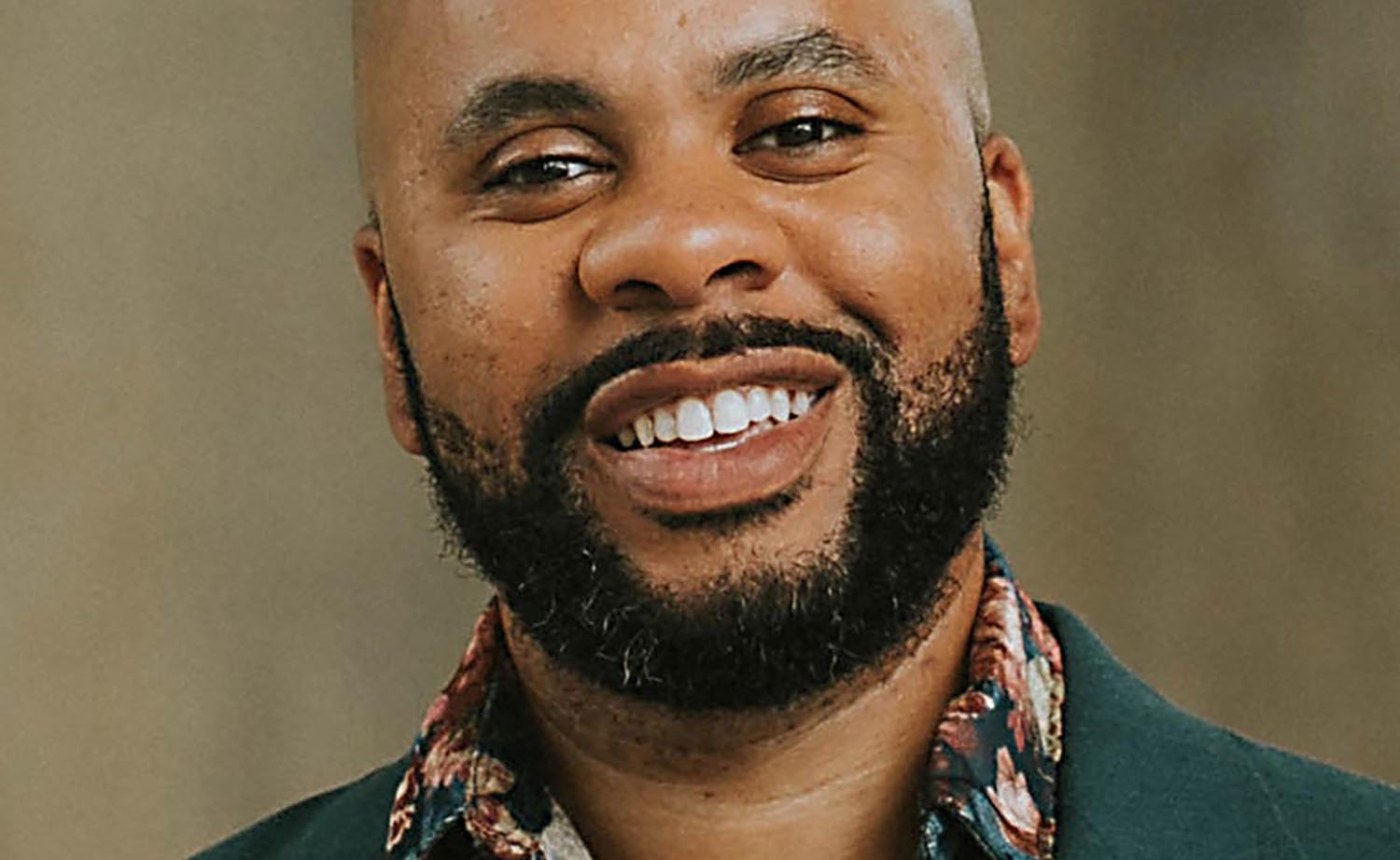The Mid and East Antrim Council in Northern Ireland has unanimously voted to rename Prince Andrew Way in Carrickfergus. This decision follows the removal of titles from Andrew Mountbatten-Windsor amid ongoing scrutiny regarding his connections to the late sex offender, Jeffrey Epstein. The council’s action reflects a broader sentiment in the community regarding the former prince’s tarnished reputation.
The name change comes after King Charles III stripped Andrew of his titles following the release of a memoir by Virginia Giuffre, who had accused him of sexual abuse. Although Andrew has denied all allegations, the fallout from these controversies has led to significant public pressure for a reevaluation of his commemorative honors. This includes his recent loss of residency at the Royal Lodge in Windsor, previously shared with his ex-wife, Sarah Ferguson.
Community Response and Council Dynamics
The street, originally named in 1986 to commemorate Prince Andrew’s wedding to Sarah Ferguson, has become a focal point for local residents. Councillor Lauren Gray proposed the renaming during a recent council meeting, emphasizing that the street’s name should still reflect a connection to the British Royal Family in a way that honors the late Queen Elizabeth II.
Gray noted that there has been an increasing clamour from residents for this change, particularly since her tenure on the council began in 2019. She stated, “In recent weeks as Andrew Mountbatten-Windsor stepped away from some of the titles conferred on him… we’re now in the space to have this conversation.” The proposal received unanimous support from council members, including Councillor Aaron Skinner, who mentioned that many residents feel “deeply uneasy” about the current name.
During the meeting, Bethany Ferris of the Ulster Unionist Party expressed the importance of maintaining a historic connection to the Royal Family, stating, “As we move to update the name of the road, many in our community feel it important to maintain that historic link but in a manner that reflects dignity, service, and integrity.”
Challenges Ahead for Name Change
Despite the council’s unanimous support, the process of renaming the street may face obstacles. Skinner highlighted the need for consultations with various statutory bodies, including the Royal Household, before any changes can be finalized. Additionally, the council’s interim chief executive, Valerie Watts, pointed out that there is currently no established policy for changing street names. She promised a thorough investigation into the necessary procedures for the name change, which will be reported back to the council.
Watts also cautioned that residents may encounter complications following the renaming, such as the need to update legal documents, bank accounts, and utility bills. Similar sentiments have emerged in other parts of the UK, with residents from areas like Shropshire expressing a desire to reconsider street names linked to Andrew.
As the council moves forward, the outcome of this proposal will reflect changing public attitudes towards figures associated with historical controversies. The decision to rename Prince Andrew Way underscores a growing recognition of the need to reassess how public spaces honor individuals in light of contemporary values and ethics.







